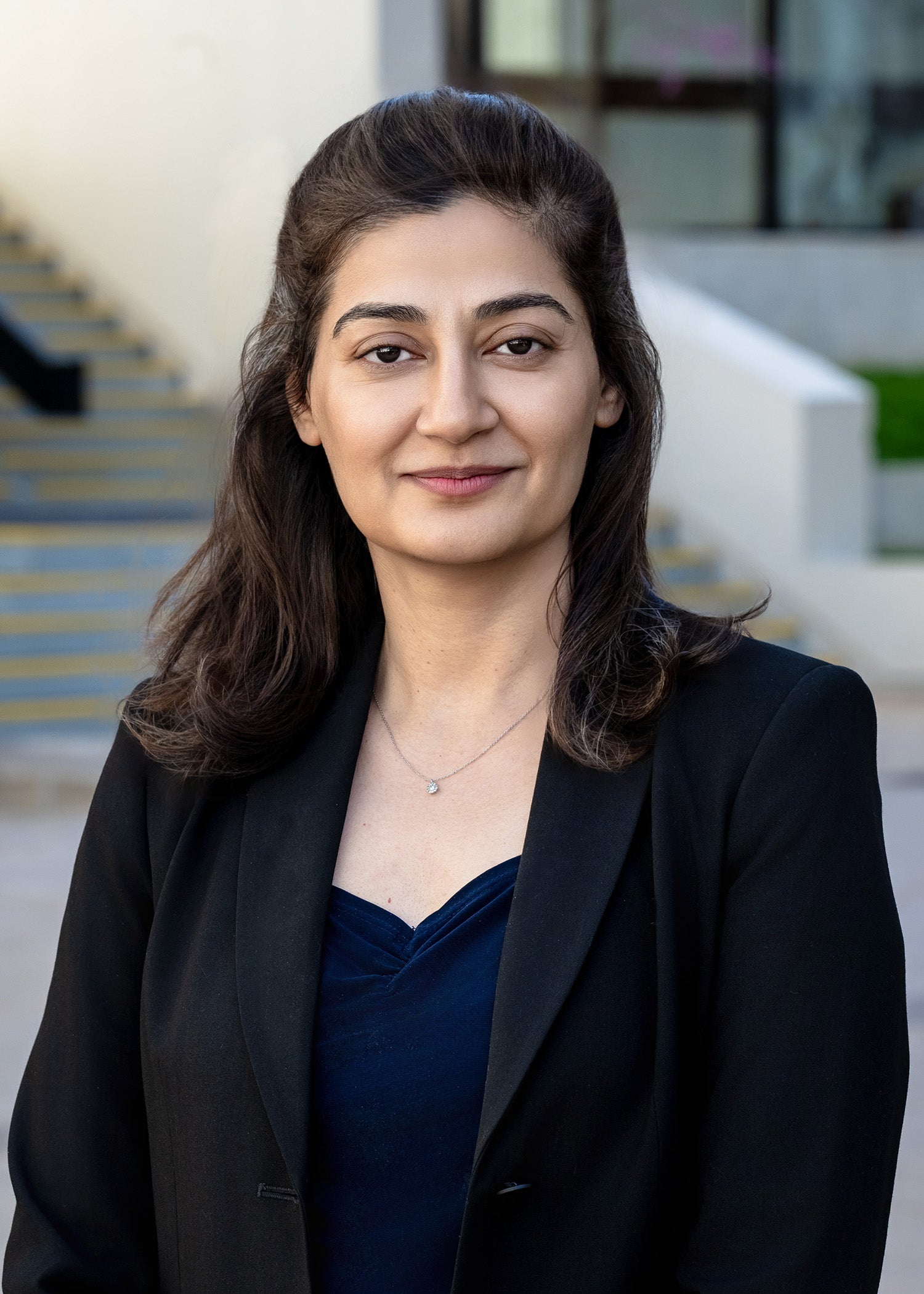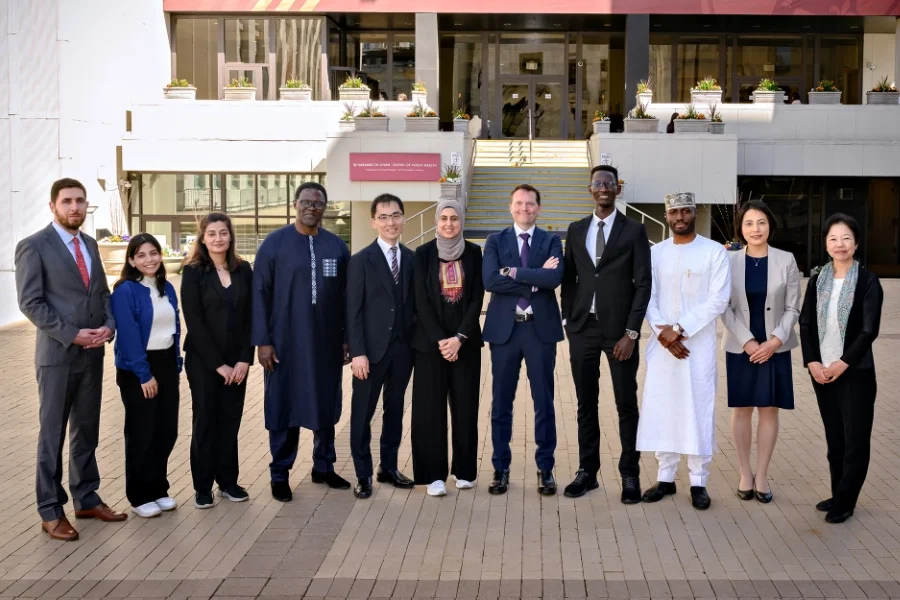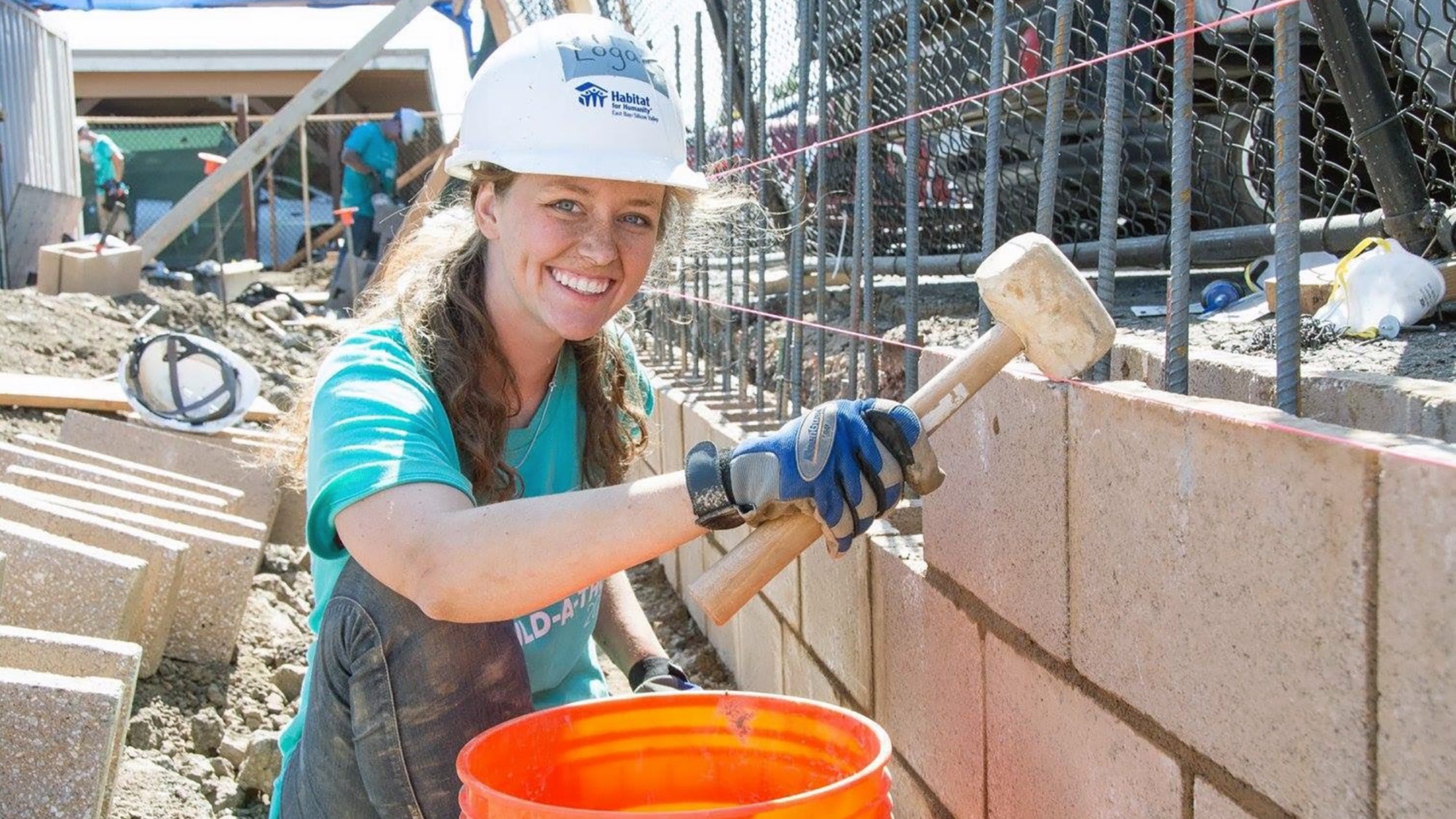Bridging Sectors for Population Health: A Physician’s Journey into Intersectoral Policy – An Interview with Dr. Wafa Aftab

Wafa Aftab’s professional journey began as a physician in Pakistan before she transitioned into health policy. Her involvement in the Disease Control Priorities project, specifically DCP-3, sparked her interest in intersectoral work and addressing determinants of health beyond the health sector.
During her participation in the project, Wafa identified that “priority-setting processes are quite well developed for health interventions but not for intersectoral interventions.” This realization led her to pursue a Ph.D. to create a systematic framework for choosing priorities in intersectoral interventions for population health.
Integrating fellowship research with doctoral study
Enrolling in the Takemi program allowed Wafa to explore some of the questions she was trying to answer in her doctorate program. Through interviews with policymakers, stakeholders from various sectors involved in choosing an intersectoral priority package for population health, and policy experts familiar with Pakistan’s policymaking landscape, she sought to understand how intersectoral priorities are built and what lessons can be obtained for the future.
Recalling her experiences, Wafa acknowledges the challenges in engaging high-level policymakers. This was partly due to their busy schedules, but also because of the topic of discussion; “When you talk to people about their core work, e.g., if you talk to people from health about health, people from education about education and so on, it seems much more relevant to them than when you talk about work across different sectors.”
Reflections on the politics of intersectoral work
Wafa’s findings reflect the absence of a coherent agenda and systematic approach within Pakistan’s Ministry of Health to advancing intersectoral collaboration to address health determinants. Rather than a strategic pursuit, interventions often materialize opportunistically, depending upon the particular interest of some policymakers.
Still, she noticed an increasing recognition of the necessity for intersectoral actions to address today’s complex policy challenges. Her findings indicate that this shift in mindset is attributable to the introduction of the Sustainable Development Goals (SDGs), which have illuminated the interconnectedness of complex policy challenges and have motivated the government’s desire to adopt policies with multiple objectives to overcome fiscal constraints across multiple sectors.
Despite this growing awareness, translating it into concrete, collaborative actions persists. Wafa notes that “intersectoral actions have been considered important for determinants of health for decades, but making it happen is challenging.” According to her, this has to do with the fact that intersectoral work requires a shift in how people think and work while addressing the issues of power that might arise and creating or modifying the structures and norms of institutions to make them suitable for different work dynamics.
intersectoral actions have been considered important for determinants of health for decades, but making it happen is challenging.
For Wafa, the place of health in the political agenda is also challenging as it is unclear whether it is considered a priority across different political sectors. Moreover, the predominantly preventive nature of health interventions raises questions about policymakers’ willingness to invest in long-term initiatives and the possibility of maintaining policy consistency.
Filling in the blanks of the theory and practice of priority setting for intersectoral interventions
After the fellowship, Wafa went back to finishing her doctoral research, directing her attention toward the normative aspects of setting priorities for intersectoral interventions and the methodologies for assessing the impact of such policies. The implications of her research are poised to be far-reaching, offering valuable insights for Pakistan and other countries.



